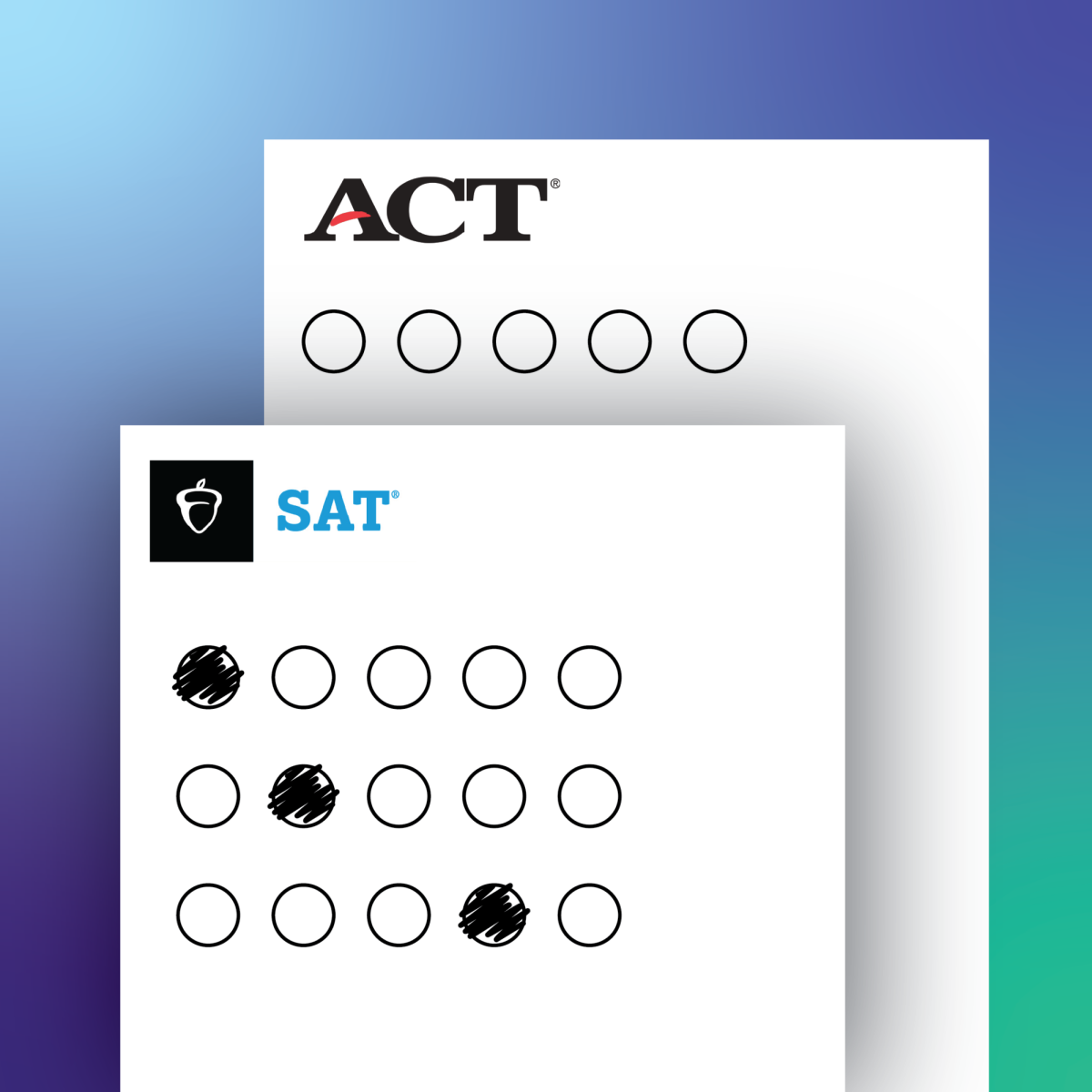The debate over the relevancy of standardized testing has emerged, after Dartmouth recently announced plans to reinstate standardized testing scores as a part of the admissions process for prospective students.
Standardized testing, such as the SAT or ACT, had been a long standing requirement of most colleges prior to 2019. When the COVID-19 pandemic hit, standardized testing became nearly impossible to administer due to social distancing protocols. Schools were forced to re-examine the value of standardized scores in the admissions process. With this news, the class of 2020 took a sigh of relief, though few believed the impact of this decision would be as far-reaching as it has revealed itself to be.
This decision sparked conversation as to whether or not standardized tests were the best way to determine academic ability. A tradition of nearly a century was put under the limelight, with many colleges, including Dartmouth, finding the utility of standardized testing to be obsolete. In a statement released in 2020, Dartmouth said that standardized tests are, “not good uses of a student’s time, money, or emotional energy.” Clearly, the institution’s sentiments of standardized testing have changed.
Since 2020, many college students have expressed that standardized testing does not entirely or accurately represent a student’s academic performance. Many students, including first-year engineering major Johnny Rosario, agree.
“Does the ACT or SAT determine your performance? No, not really,” Rosario said.
College after college dropped the requirement for standardized testing, with some schools going as far as implementing test-blind policies. In spite of this, Rosario acknowledged the potential benefits of standardized testing.
“For those with poor grades, standardized testing can be a great way to showcase your ability,” Rosario said.
And that is ultimately the goal of test-optional schools: to allow standardized testing to be a supplement, not a necessity. After the test optional period, some universities have elected to reinstate mandatory testing into their admissions process.
To Ineliz Soto, senior director of admissions at Seattle University, it is not that simple.
“It depends on the student,” Soto said.
Soto also raised concerns with the accessibility of SAT or ACT resources.
“Success on standardized tests often depends on access to preparatory materials, which many do not have,” Soto said,
Some recent research supports Soto’s claims, with one study finding that the wealthiest one percent of Americans were thirteen times more likely to score highly on the ACT or SAT tests than low-income students.
Other studies seem to support the idea that standardized testing helps those from low income families. One report, which was commissioned by Dartmouth College President Sian Beilock, found that test-optional policies discouraged some low-income students from submitting scores in their applications, even when the scores would have helped strengthen their candidacy.
So should we expect colleges to follow suit with Dartmouth? Unlikely.
The test-optional experiment has been a success for most schools so far; increasing diversity while simultaneously maintaining rates of academic success. Over 80% of four-year colleges in the United States will not require ACT or SAT scores this coming year.
Jacob Bledsoe, a 2019 graduate of Santa Margarita Catholic High School in California, discussed how fears surrounding the SATs and other standardized tests had temporarily subsided.
“We’d get good grades but some of us just did not do well on the SAT. Just felt like it was all for nothing, you know,” Bledsoe said.
Bledsoe identified with the despair many students felt due to standardized tests.
Ava Higginbothan, a high school junior who lives in Renton, Wash., weighed in and expressed her concerns related to the return of standardized testing.
“I was really surprised. I think it’s a step back from where we were going,” Higginbothan said.
She explained that institutions that solely focus on students’ test scores take away from the individuality of the student. In the past years when universities went test-optional, it gave students who don’t test well an opportunity to shine.
“They looked more at the student as a whole. That’s how we get great leaders and other influential people. It’s not necessarily good grades, it’s how they plan to contribute to society as a whole,” Higginbothan said.
Higginbothan ended with the financial implications associated with preparation for the major tests.
“It’s not always fair that there are people with lower socioeconomic incomes that don’t have all the resources to hire tutors or get all the study material. I am in a school district where they give some SAT prep but not everyone has access to that,” Higginbothan said.
As institutions begin to redefine the requirements for admission, the next generation of college students wait anticipating how their college admissions will change overnight.












